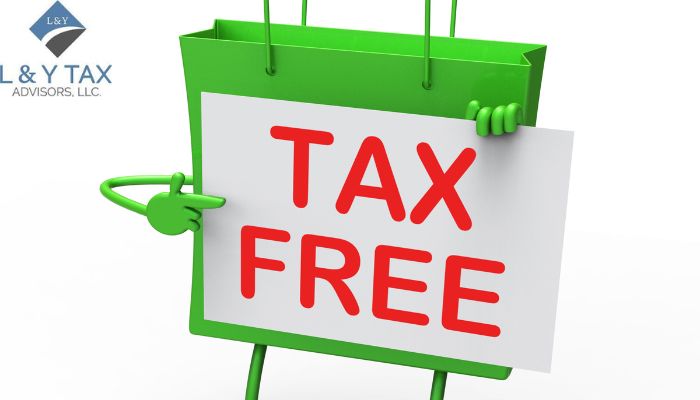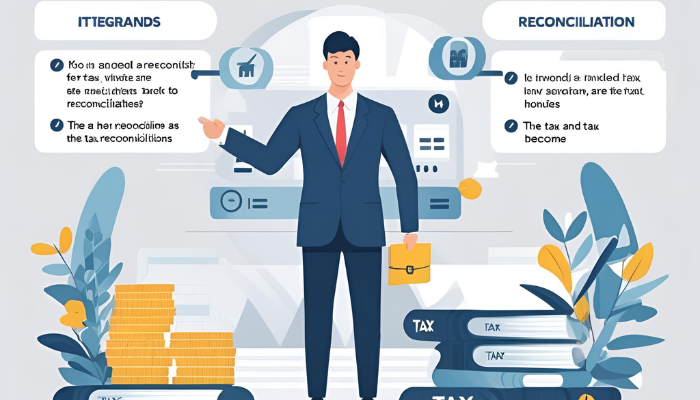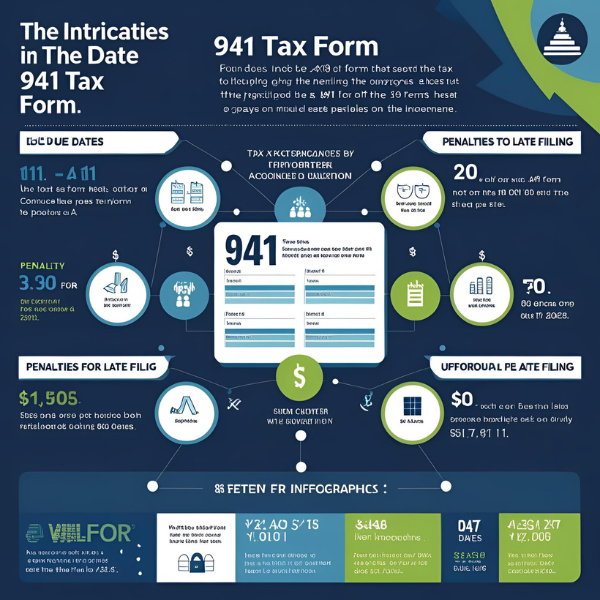
What is Exempt Supply?
It is important for both individuals and organizations to comprehend what is exempt supply in taxation. An exempt supply is a supply that is exempt from tax under a particular tax legislation.
When exploring VAT or GST, you will learn what is exempt supply. This idea is essential to company compliance and financial planning.
Get in touch with our residential property tax.
An Insight into Exempt Supply
The government has decided that specific items and services are not subject to VAT or GST regimes and are exempt suppliers. This indicates that even if these products and services are involved in business dealings, they are not subject to GST or VAT.
It is important to remember that companies that only deal in exempt items may not be eligible to get input tax credits for their purchases.
What are Exempt Supplies Examples?
Some common examples of exempt supply are:
Educational Services
Most nations exclude educational services from GST and VAT to encourage access to education without having to pay additional taxes.
Healthcare Services
Medical treatments and healthcare services are frequently excluded to keep vital health services inexpensive for the general population.
Financial Services
A number of financial services—including loans, insurance, and other banking services—are excluded in an effort to simplify and lower complexity.
Charitable Activities
To promote philanthropy and public welfare endeavors, supplies provided by charity organizations are frequently exempt.
Exempt Supply Implications for Businesses
Companies that deal with exempt supplies need to keep careful records to ensure compliance with tax laws. They must distinguish between taxable, zero-rated, and exempt supplies to maintain correct financial records.
Input Tax Credits
One necessary consequence for companies that deal with exempt suppliers is the limitation on input tax credit claims. These companies cannot recover the VAT or GST they spent on their purchases because they do not impose these taxes on their sales. This may impact the company’s entire cost structure and pricing policy.
Exempt Supply vs. Zero-Rated Supply
It is crucial to distinguish between zero-rated and exempt goods. Unlike exempt supplies, zero-rated supplies enable firms to recover input tax credits, even if neither category charges VAT or GST on the final sale. For corporations, this distinction may have significant financial ramifications.
Strategic Considerations
Companies that trade with exempt supplies must carefully consider the effects of doing so. Operating may become more expensive without input tax credits, which calls for careful consideration of pricing and financial planning. Companies might have to look at ways to save costs or consider expanding their range of goods and services to include taxable supplies.
Contact our business property tax services.
The Bottom Line
For firms operating under the GST or VAT regimes, it is essential to comprehend what is exempt supply. By understanding the ramifications of exempt goods, businesses may better manage the intricacies of tax compliance and maximize their financial strategy. If they plan ahead and follow tax laws, businesses may efficiently handle their tax obligations while concentrating on expansion and sustainability.
Read More:
list three things you should look for when hiring a tax professional
when do you start paying property taxes on new construction


